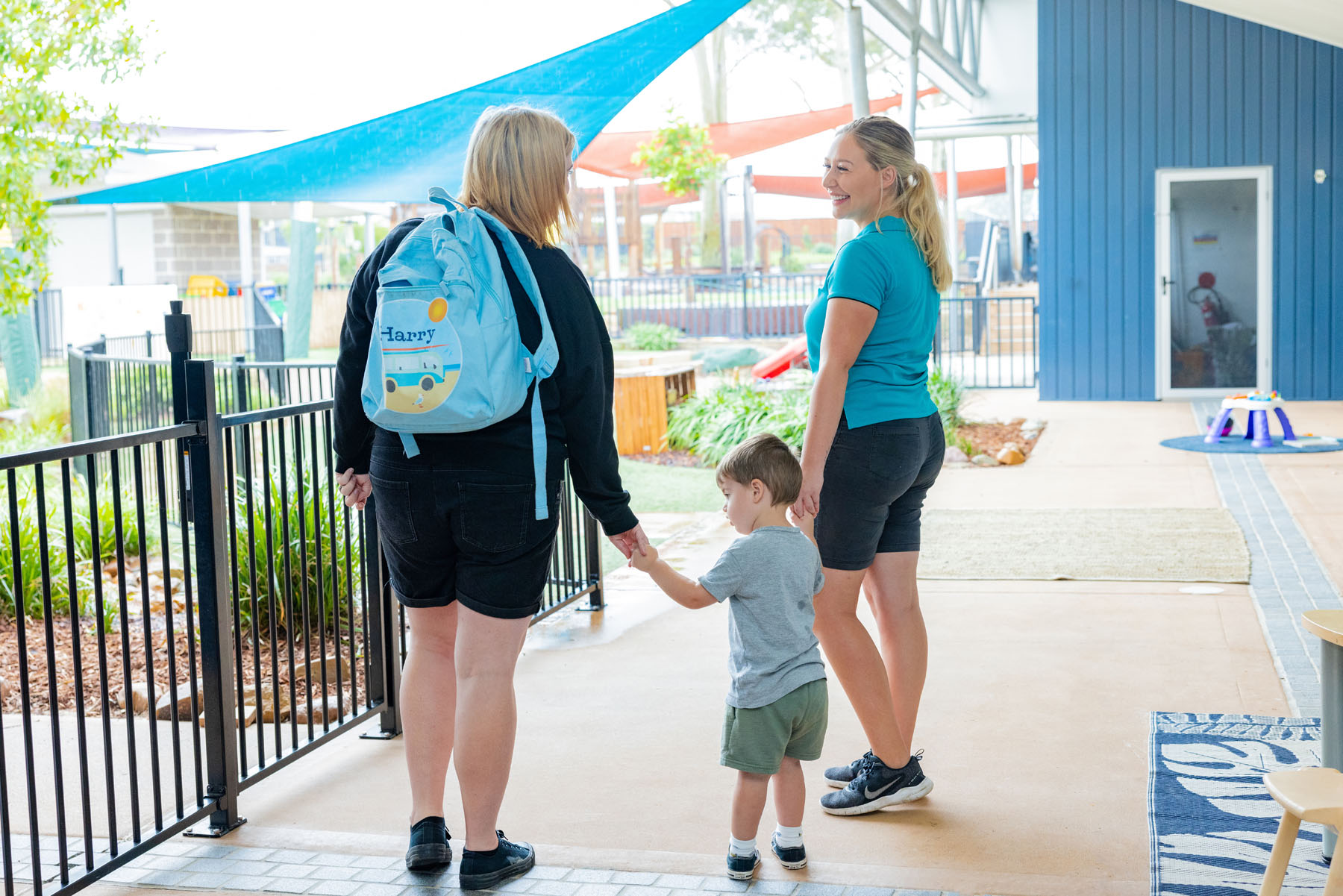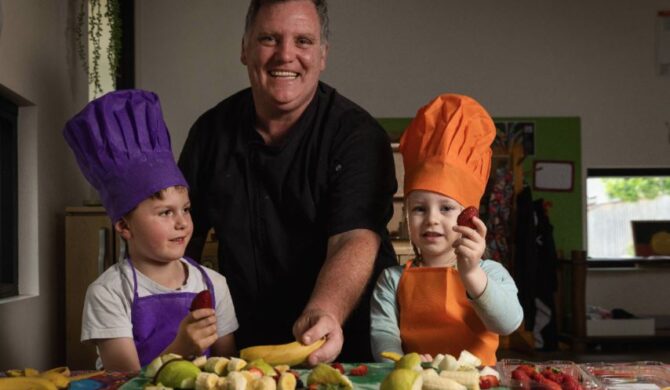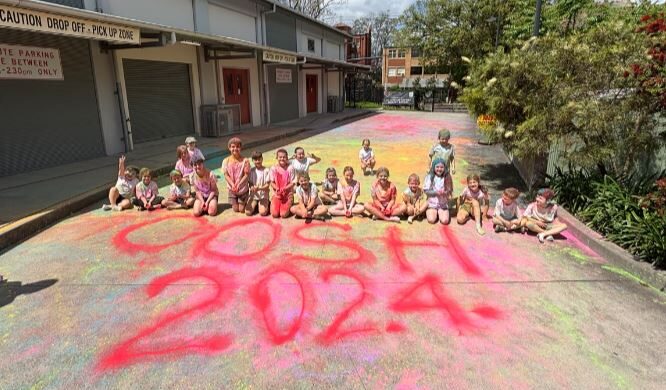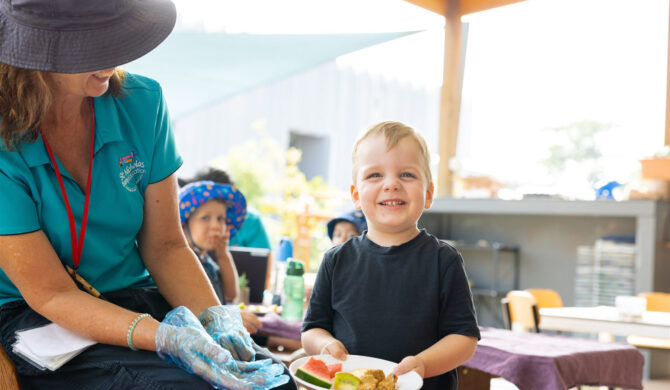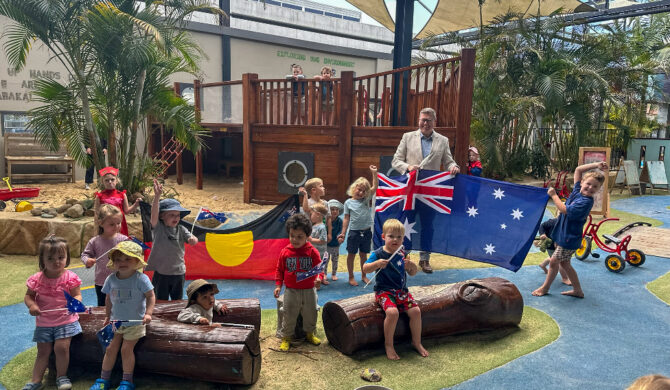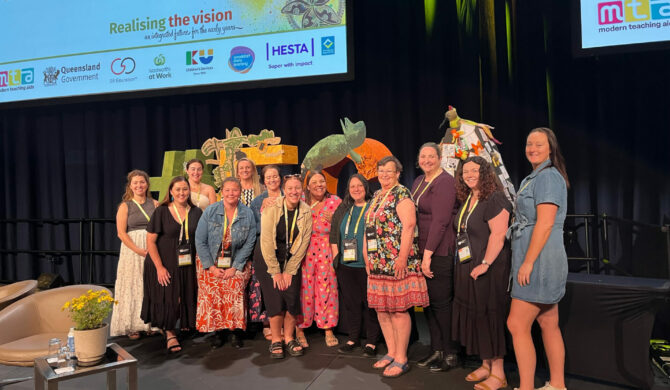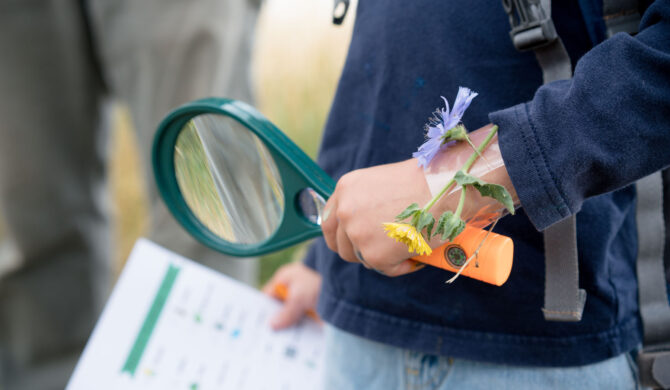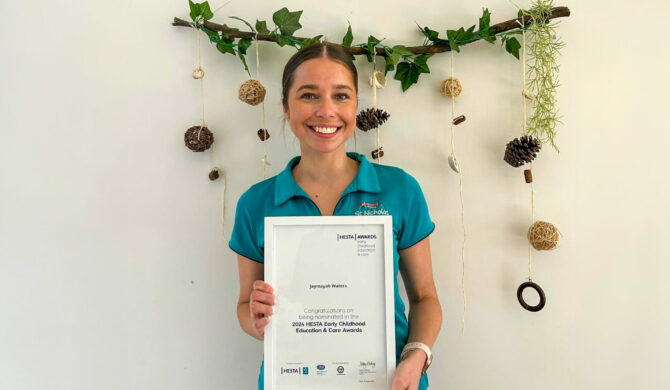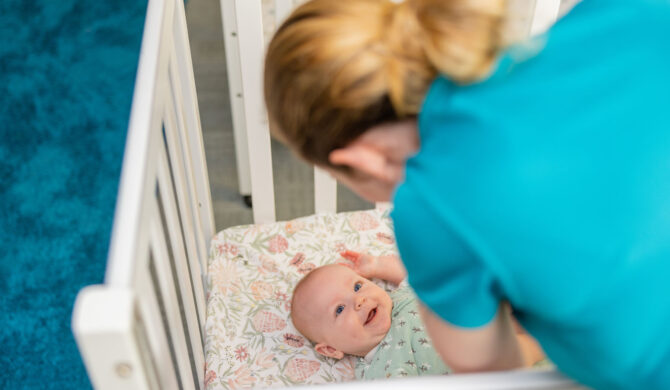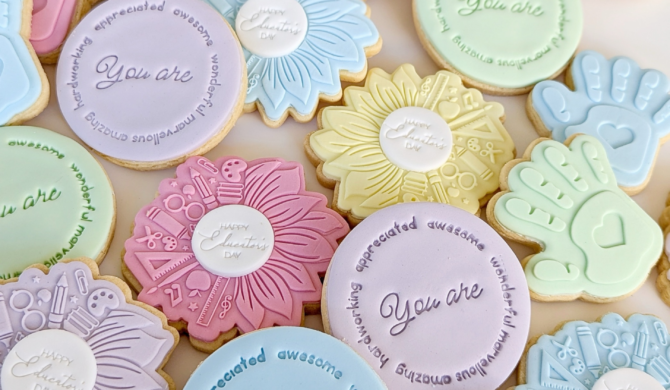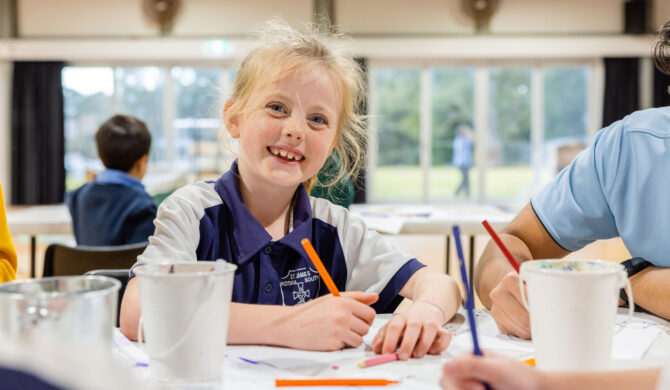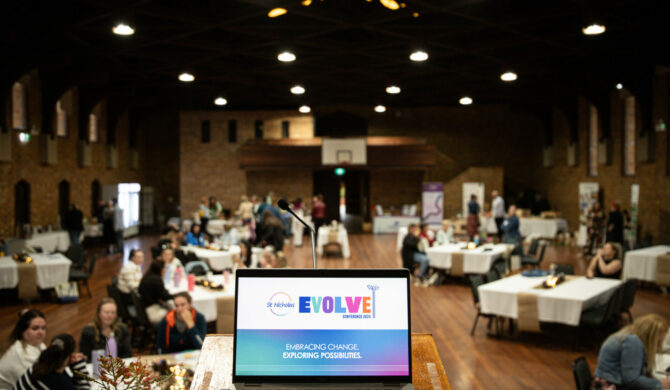Of course, transitions like these are central to a child’s development, and research shows that the way transitions in early childhood are handled can have an impact on a child’s ability to cope with change. Knowing how to prepare for that first day of kindergarten by taking a few simple steps can ease anxiety and fears and help children get their kindergarten year off to a flying start.
Each child will respond differently, and nobody knows your child better than you. We’ve collated some tips for getting children prepared and excited for this big step in their education.
Have positive conversations with your child about moving up to kindy
Start introducing the idea of going to kindergarten to your child and speak enthusiastically about the interesting things they will get to learn, the new friends that they will make and the new routine they get to establish. Not only is this a great way to alleviate concerns but it provides the perfect prompts for questions about what your child is looking forward to.
Involve your child as much as possible
Actively involving your child in the preparations for starting kindergarten will support them in owning their growth and transition into kindergarten. Bringing your child along when planning and collecting all of their school supplies like their lunchbox, backpack and uniform elements allows them to build excitement but also air concerns and questions throughout the process.
Role play with your child
Your amateur acting skills are well rehearsed by this stage of parenthood, so put them to good use with some role playing. This can reflect and be inspired by elements of the St Nicholas Early Education Transition to School program that your child takes part in.
How about rehearsing their new morning routine to get them ready for the day or going through the essential items for their backpack?
Get yourself ready for the first day
You want the morning of the first day to be smooth and manageable, so make sure you’re organised and ready to go. Children don’t like being rushed, especially when nervous or anxious. Give yourself plenty of time to get ready and arrive a bit early.
Plan your exit strategy
Don’t hang around if you’ve got to the school on time and your child is settling. Give a warm but short goodbye, tell your child when you’ll pick them up, and make a hasty retreat. It’s tempting to stay and encourage them, but that risks more anxiety as your child wonders why today is different and senses that something’s up.
Don’t worry. Everyone (including you!) will be fine. It’s a big day, and that massive hug at pick up will be one for the memory books.
Help your child stay in touch with old friends
Losing friendships is a valid concern for children who may not be joining their friends at kindergarten. Research shows that preschool friendships are important for the development of social and emotional skills, and that they can increase feelings of belonging while decreasing stress.
Discuss with your child the fact that they will make new friends, but that this doesn’t mean they will have to choose between their old friends and their new friends. Of course, it’s natural for some friendships to fizzle out over time, but in the early stages of a school transition, it’s important to reassure your child that changing schools doesn’t have to mean losing a good friend.
So if your child has a close friend or group of friends from St Nicholas, think of some ways to help them keep in touch after they move on. For example, you could organise play dates or even look for after-school activities, such as sports or dance, which they could join together.
We’re Here to Help
At St Nicholas Early Education we provide a Transition to School program that is designed to support children’s successful transition from early childhood education to primary school. Based on the Early Years Learning Framework (EYLF) and the National Quality Framework (NQF), our program focuses on children’s social, emotional, cognitive and physical skills to prepare them for the next stage of their learning journey.
Reach out to your centre director or educator for personalised support for you and your child if you have any concerns or need advice. They’ll help ensure your child has a great experience and continues to develops a lifelong love of learning.
Resources:
The above information has been taken from:

